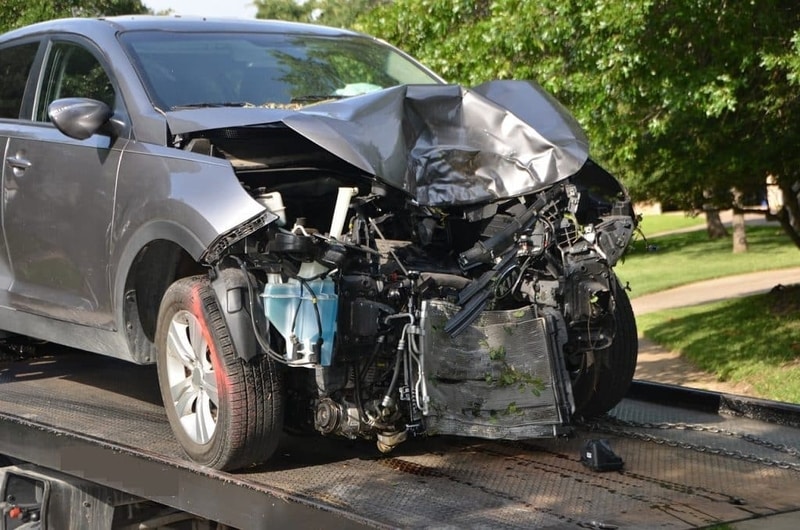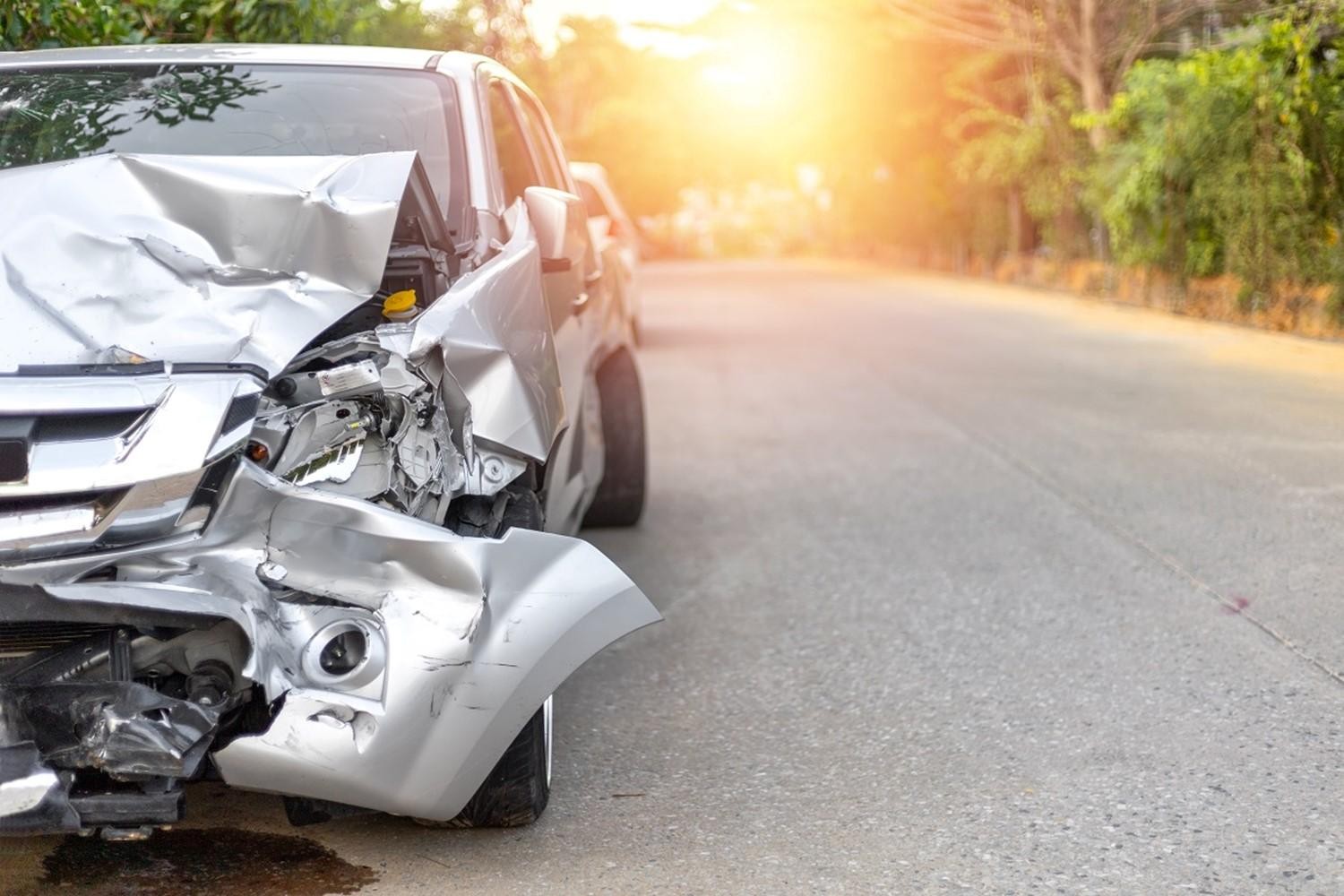Introduction
Car accidents can be overwhelming, both emotionally and physically. When it happens, knowing how to document the accident properly is crucial for legal and insurance purposes. Understanding the right steps to take can alleviate some of the stress that follows an accident. In this comprehensive guide, “How to Document Your Car Accident: A Guide from Moseley Collins Law,” we will explore everything you need to know about documenting a car accident effectively.
How to Document Your Car Accident: A Guide from Moseley Collins Law
When you're involved in a car accident, every detail matters. From taking photographs to gathering witness statements, each piece of information contributes to your case's strength. Moseley Collins Law emphasizes that proper documentation not only supports your claim but also helps establish liability and the extent of damages incurred.
Understanding the Importance of Documentation
Before diving into the specifics, let’s discuss why documenting a car accident is so vital.
Legal Reasons: Documentation helps prove fault in legal disputes. Insurance Claims: Insurers require detailed accounts for processing claims efficiently. Medical Records: Accurate records can substantiate medical treatment related to the accident. Peace of Mind: Having organized information reduces anxiety during an already stressful time.Immediate Steps to Take After a Car Accident
After ensuring everyone’s safety following an accident, what should you do first? Here are immediate steps you should take:

- Check for Injuries: Prioritize health; call 911 if there are injuries. Move Vehicles if Safe: If possible, move vehicles out of traffic to avoid further accidents. Call the Police: Even minor accidents should be reported; police reports are essential documents.
Gathering Essential Information
Once you've ensured safety and called law enforcement, it's time to http://emilianojsjg191.timeforchangecounselling.com/the-role-of-expert-witnesses-in-car-accident-cases-insights-from-moseley-collins-law gather critical information:
- Exchange Contact Information: Get names, phone numbers, and addresses from other drivers involved. Driver's License & Insurance Info: Collect copies or photos of these documents. Witness Details: Record contact details of any witnesses present at the scene.
Taking Photographs at the Scene
Photographs serve as compelling evidence in any car accident case. What should you capture?
- Vehicle Damage: Take clear pictures of all damaged parts on both vehicles. Scene Overview: Wide shots showing road conditions, traffic signs, and lighting. Injuries: Document visible injuries for medical records.
Creating a Detailed Accident Report
What constitutes a good accident report? Here’s what you should include:


Notifying Your Insurance Provider
Once you have gathered all necessary documentation, notifying your insurance provider is critical:
Call them promptly; most policies require notification within a specific timeframe. Provide them with your detailed report and any photographic evidence collected.Seeking Medical Attention Post-Accident
Even if you feel fine after an accident, it’s wise to seek medical attention. Why?
- Some injuries may not manifest symptoms immediately (like whiplash). Medical records provide essential documentation for potential claims later on.
Working with an Attorney from Moseley Collins Law
Navigating legal waters after an accident can be daunting—this is where an experienced attorney comes in handy:
Why Choose Moseley Collins Law?
With years of experience in personal injury claims, attorneys at Moseley Collins Law understand how crucial thorough documentation is for strengthening your case.
Initial Consultation
Many law firms offer free consultations—take advantage! Discuss your situation freely without financial pressure.
Reviewing Medical Records and Bills
Keep all medical documentation organized after receiving treatment for injuries sustained during the crash:
- Request copies from healthcare providers. Keep track of bills associated with treatments.
Compiling Evidence for Your Case
What other forms of evidence might strengthen your claim?
Witness Statements Expert Opinions (like mechanics assessing vehicle damage)
The Role of Police Reports in Documentation
Police reports often contain objective facts about an incident—what does that mean for you?
They help establish fault based on officer observations. Insurers typically rely on these reports when evaluating claims.FAQ Section
1. What should I do immediately after a car accident?
Ensure everyone's safety first by checking for injuries and calling 911 if necessary.
2. How can I obtain police reports?
You can request a copy through your local police department or online portals they may offer.
3. Is it necessary to hire an attorney after an accident?
While not mandatory, hiring an attorney can significantly ease the process by providing expert guidance on navigating claims.
4. How long do I have to file a claim after an accident?
This varies by state; generally speaking, it's best to file as soon as possible—typically within one or two years post-accident.
5. What if I wasn't at fault but still incurred expenses?
You can still seek compensation through various avenues like uninsured motorist coverage or suing for damages depending on circumstances.
6. Can I handle my own insurance claim without legal assistance?
Yes, but it may lead to complications or undervalued claims—consider consulting with professionals like those at Moseley Collins Law before deciding.
Conclusion
Accidents are unfortunate events that come with challenges; however, knowing how to document your car accident properly can make navigating these challenges much easier. By following "How to Document Your Car Accident: A Guide from Moseley Collins Law," you'll ensure that you have prepared yourself adequately should any follow-up actions be required—whether dealing with insurance companies or pursuing legal action against parties responsible for your distress.
In essence: 1) Prioritize health and safety, 2) Gather essential information, 3) Create comprehensive documentation, 4) Consult with experts when needed!
Whether you're seeking advice or representation post-car crash, remember that having robust documentation significantly bolsters your position in any subsequent discussions or legal battles ahead!